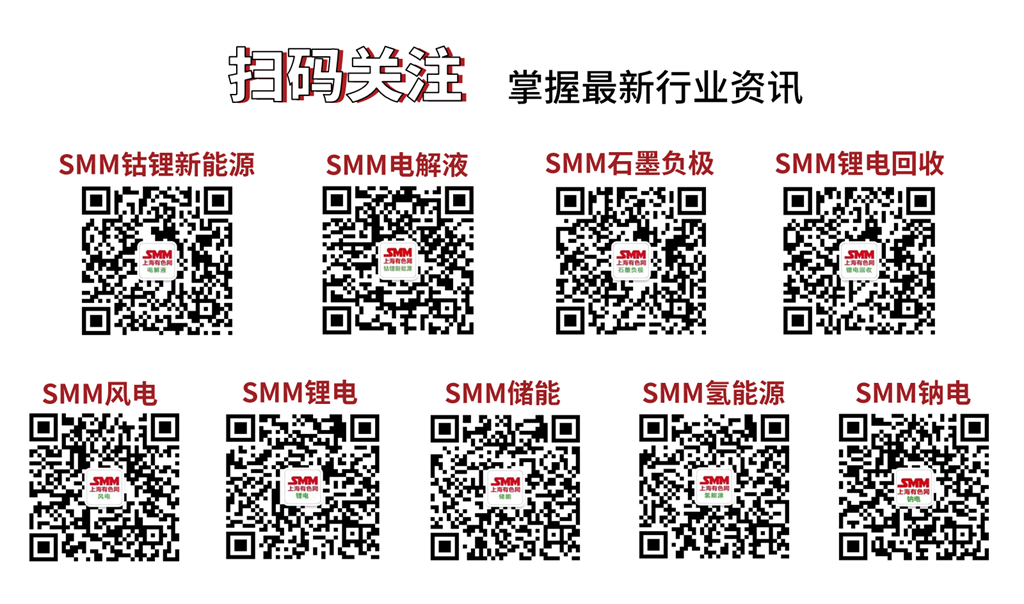In February 2025, the Ministry of Industry and Information Technology (MIIT) released the draft for approval of the industry standard titled "Technical Requirements for Energy Consumption of Unit Products of Lithium-Ion Battery Cathode Materials." This standard establishes a multidimensional energy consumption control system aligned with the "dual carbon" goals. It sets differentiated energy consumption limits for mainstream cathode materials such as LFP and ternary cathode materials, introduces a graded management mechanism, and encourages enterprises to adopt process optimization measures such as high-efficiency sintering equipment to reduce energy consumption. Additionally, the document requires enterprises to establish energy measurement and online monitoring systems covering the entire production cycle, enabling real-time energy consumption data uploads to provincial regulatory platforms and strengthening refined management throughout the process from raw materials to finished products.
Key technical indicators include:
① Graded Energy Consumption Control: The document sets differentiated energy consumption limits for various types of cathode materials (e.g., LFP, ternary cathode materials) and introduces a graded management mechanism, encouraging enterprises to reduce energy consumption through process optimization (e.g., high-efficiency sintering equipment).
② Full-Process Supervision: Enterprises are required to establish energy measurement and online monitoring systems to enable real-time energy consumption data uploads to provincial regulatory platforms, strengthening management across the entire production cycle.
③ Capacity Optimization: The new standard, combined with the policy directive of "prohibiting pure capacity expansion," forces the exit of inefficient capacities and drives the industry toward high-efficiency and high-technology concentration.
To address these challenges, the industry is accelerating adjustments across three dimensions: in terms of process upgrades, focusing on technological transformation in high-energy-consuming stages such as sintering and drying, and exploring new-type synthesis pathways to reduce energy dependence; in terms of management efficiency improvement, deploying intelligent energy management systems to dynamically monitor and optimize production parameters through algorithms; and in terms of strategic layout, gradually shifting toward R&D of high-value-added materials such as high-nickel ternary and lithium-rich manganese-based materials to avoid risks of homogenized competition.
Notably, with the strengthening of international battery trade barriers, energy consumption standards may become an important reference indicator for global market access. Enterprises need to proactively establish international energy efficiency certification systems (e.g., adaptation to the EU's new battery regulations) and enhance competitiveness through technical benchmarking and certification reserves. These measures not only respond to domestic green manufacturing transformation demands but also provide a strategic foothold for China's lithium battery industry chain to participate in global carbon neutrality competition.
Original Source: Standard Name

SMM New Energy Industry Research Department
Cong Wang 021-51666838
Xiaodan Yu 021-20707870
Rui Ma 021-51595780
Disheng Feng 021-51666714
Yujun Liu 021-20707895
Yanlin Lü 021-20707875
Zhicheng Zhou 021-51666711
Haohan Zhang 021-51666752
Zihan Wang 021-51666914
Xiaoxuan Ren 021-20707866
Yushuo Liang 021-20707892
Jie Wang 021-51595902
Yang Xu 021-51666760
Boling Chen 021-51666836



